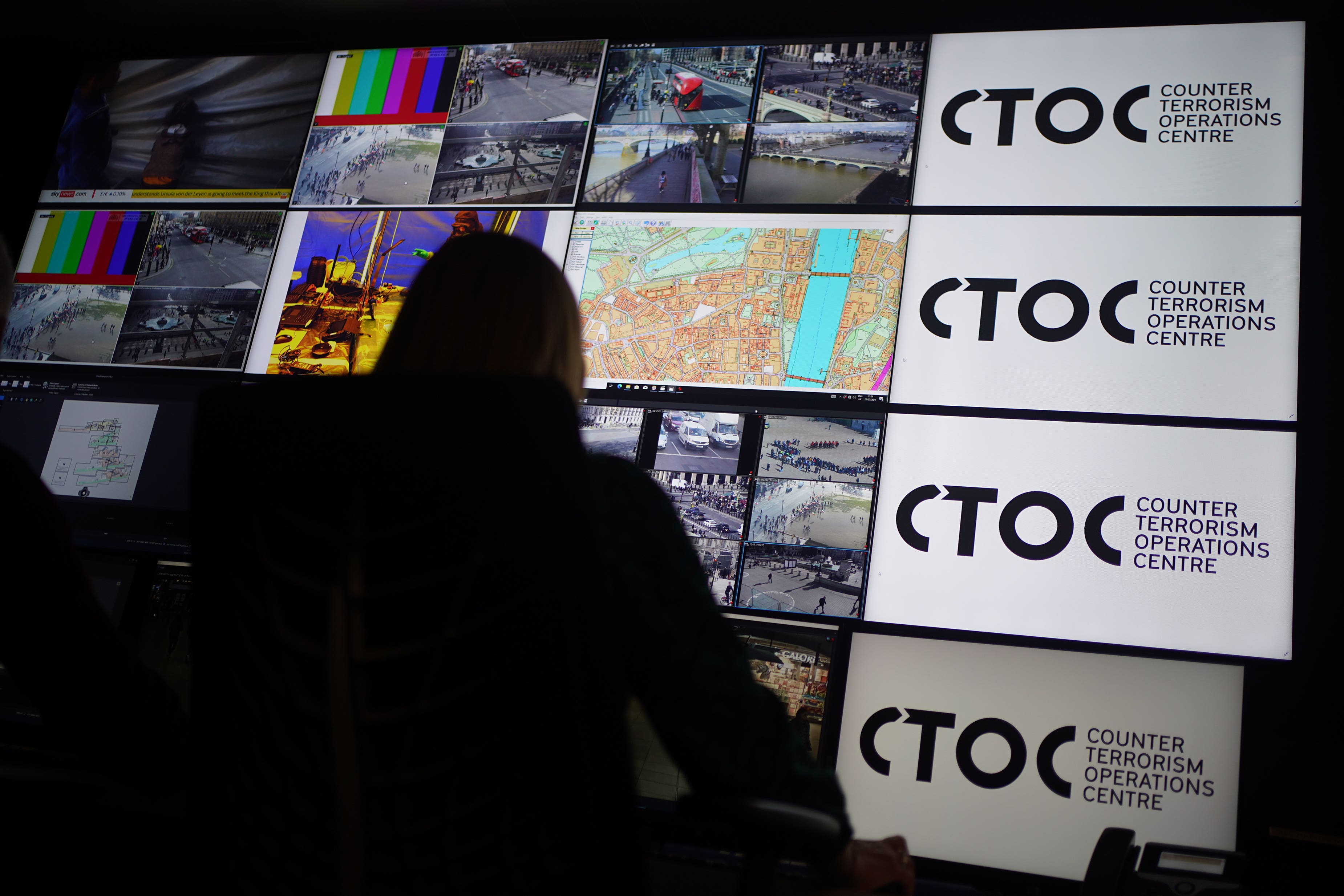Claim against MI5 is ‘next step’ for Arena survivor vindication, tribunal told
More than 200 people affected by the Manchester Arena bombing are taking legal action against MI5 at a specialist tribunal.

Your support helps us to tell the story
From reproductive rights to climate change to Big Tech, The Independent is on the ground when the story is developing. Whether it's investigating the financials of Elon Musk's pro-Trump PAC or producing our latest documentary, 'The A Word', which shines a light on the American women fighting for reproductive rights, we know how important it is to parse out the facts from the messaging.
At such a critical moment in US history, we need reporters on the ground. Your donation allows us to keep sending journalists to speak to both sides of the story.
The Independent is trusted by Americans across the entire political spectrum. And unlike many other quality news outlets, we choose not to lock Americans out of our reporting and analysis with paywalls. We believe quality journalism should be available to everyone, paid for by those who can afford it.
Your support makes all the difference.Legal action against MI5 is the “next step” for vindication for scores of survivors and people bereaved by the Manchester Arena attack, a tribunal has been told.
More than 200 people affected by the bombing have brought a case to the Investigatory Powers Tribunal (IPT) against the Security Services, claiming that the failure to take “appropriate measures” to prevent the atrocity infringed their human rights.
An inquiry found the bombing might have been prevented if MI5 had acted on key intelligence received in the months before the attack.
In the wake of the findings, the agency’s director-general, Ken McCallum, also expressed deep regret that such intelligence was not obtained.
Two pieces of information about suicide bomber Salman Abedi were assessed at the time by the security service to not relate to terrorism.
But inquiry chairman Sir John Saunders said, having heard from MI5 witnesses at the hearings into the May 2017 atrocity which killed 22 people and injured hundreds of others, he considered that did not present an “accurate picture”.
Lawyers for those affected bringing their case to the IPT said the inquiry found there was a “real possibility” that one of the pieces of intelligence could have obtained information which may have led to actions preventing the attack.
Pete Weatherby KC, for those affected, said in written submissions: “The perpetrators were not unknowns who acted spontaneously or with a simplicity which gave little room for discovery.”
At a preliminary hearing on Tuesday, the tribunal in London heard arguments about the nature of the case and whether it has been brought too late.
Asked about the nature of the case, Mr Weatherby said: “There is the vindication of the claimants’ rights.
“We say that must not be or should not be overlooked in this.
“The claimants are very interested and engaged with this process.
“They were pleased that the public inquiry brought out material and information and conclusions that had not hitherto been there but they see this process as being the next step in (their) vindication.”
The barrister later said the people bringing the legal claim are also seeking damages.
Neil Sheldon KC, for the Security Services, said the inquiry into the atrocity was “inquisitorial”, adding: “The obligation on all those involved was to give the inquiry the fullest possible co-operation that it could in its search for the truth.
“As part of its full co-operation to the inquiry, my client provided a self-critical internal review.”
The barrister said the review included about how the two pieces of intelligence were handled.
“There was no lack of candour,” Mr Sheldon added.
The barrister later told the tribunal it could be important “to have some idea of where this claim is going and what it is seeking to achieve”.
Mr Sheldon also said it is unlikely that compensatory damages could be paid in this case.
The tribunal heard that the cases on behalf of more than 200 people, including survivors, people on behalf of those who died, and people who were affected by proximity to the aftermath, will be led by three “lead” cases.
These are the cases of Chloe Rutherford, 17, from South Shields, who died in the attack, Eve Hibbert, who suffered severe brain damage, and Lesley Callander, whose 18-year-old daughter Georgina was killed.
Lord Justice Singh and Mrs Justice Farbey will give a ruling in writing at a later date.